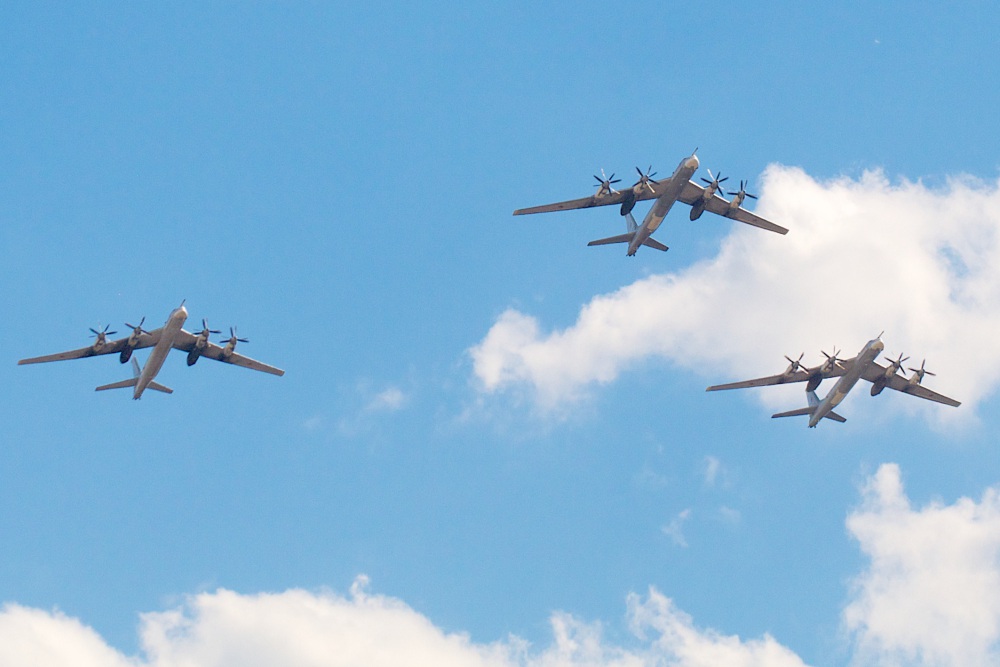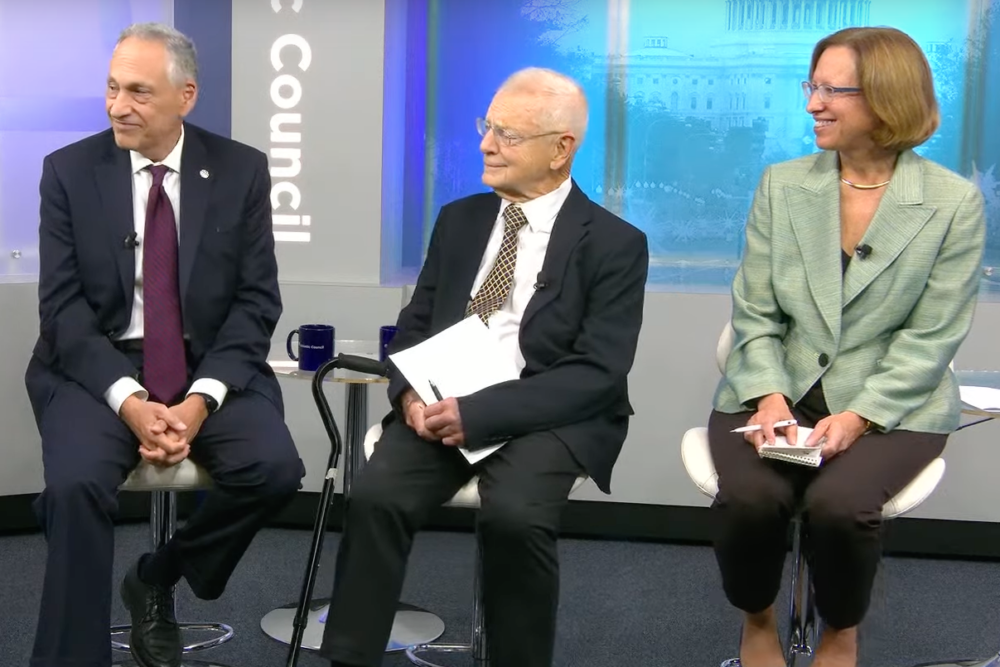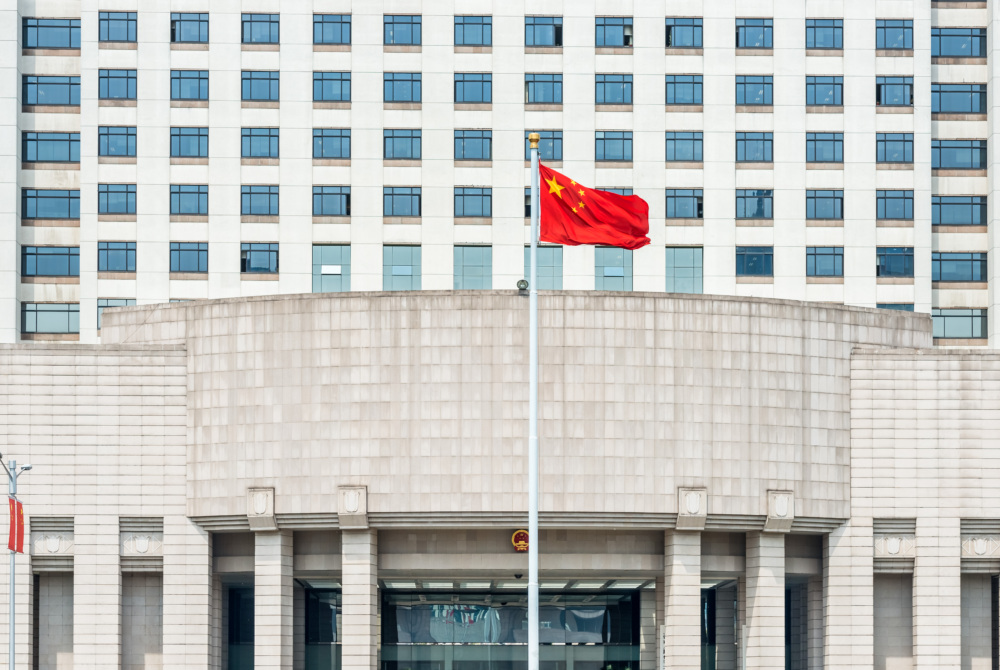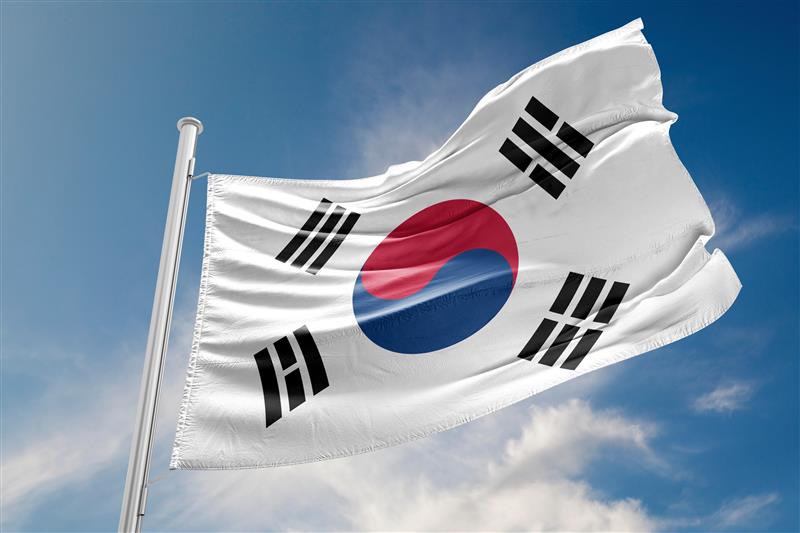
Mimi Hall
Vice President, Communications
Atomic Pulse
In a new
op-ed published by Project Syndicate and being picked up by news outlets
from Brussels to Bangladesh, Des Browne,
Wolfgang Ischinger, Igor Ivanov,
and Sam Nunn call
for Russia and the West to take immediate action to avoid potentially
catastrophic conflict.
Acknowledging today’s “dangerously tense” relations, the
four offer a set of initial steps to reduce risks. Among them: restarting
bilateral military-to-military dialogue between the U.S. and Russia and
engaging in discussions to remove a large percentage of strategic nuclear
forces from dangerous “prompt-launch” status.
The op-ed was released ahead of last weekend’s Munich
Security Conference, and the issues it raised were discussed there at an NTI-hosted
lunch with a guest list that included two presidents, six foreign ministers and
numerous high-level current and former officials from across the region.
“The chasm between Russia and the West appears to be wider
now than at any point since the Cold War,” they write. “But, despite stark
differences, there are areas of existential common interest. As we did during
the darkest days of the Cold War, Americans, Europeans, and Russians must work
together to avoid catastrophe, including by preventing terrorist attacks and
reducing the risk of a military—or even nuclear—conflict in Europe.”
Sign up for our newsletter to get the latest on nuclear and biological threats.
Lynn Rusten, vice president of NTI’s Global Nuclear Policy Program, shares her reaction to the 2023 Strategic Posture Report during a panel event at the Atlantic Council.
Amid uncertainty around China’s expanding nuclear program and silence from Beijing about the intent behind the build-up, a new report offers details about China’s nuclear program that suggest significant implications for U.S. and global security.
When it comes to nuclear weapons and the Korean Peninsula, nearly all the attention goes to North Korea, but a public debate is heating up south of the demilitarized zone, with some officials in South Korea asking: Should Seoul pursue a nuclear weapons program, too?



